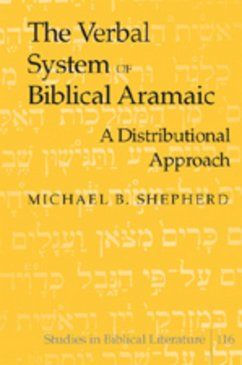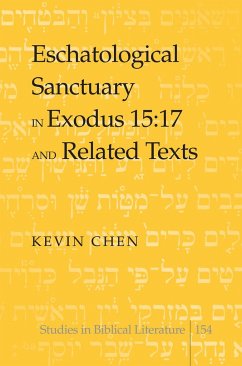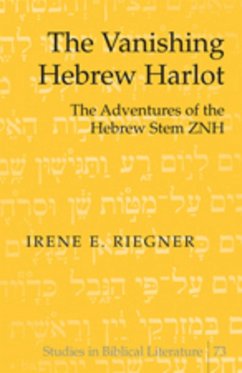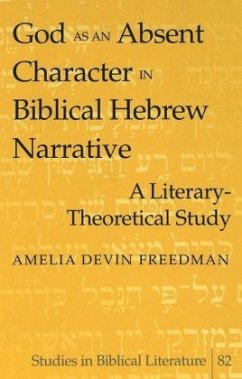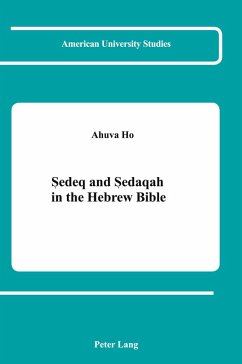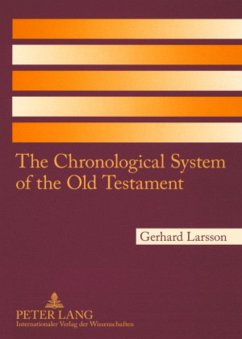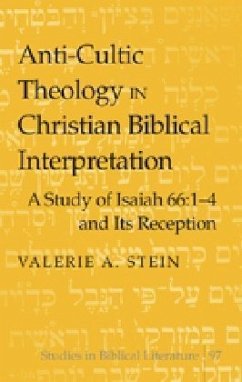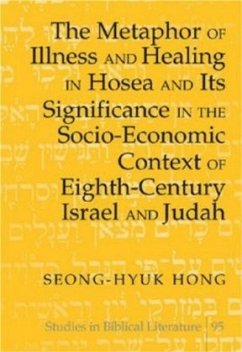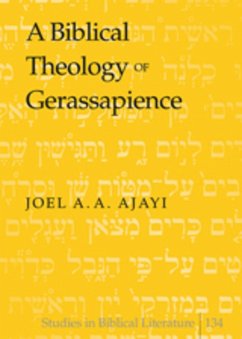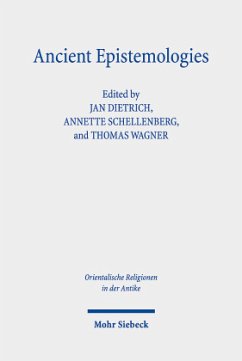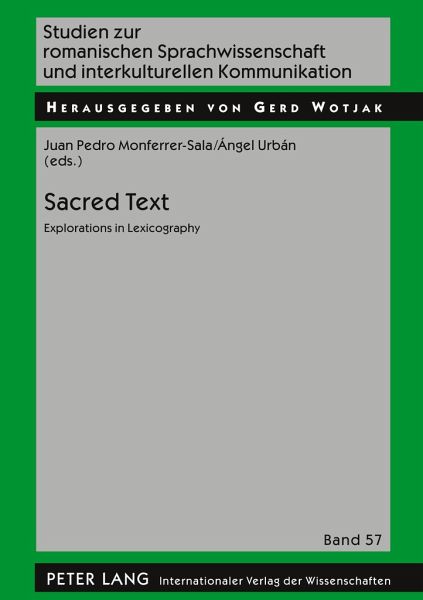
Sacred Text
Explorations in Lexicography
Herausgegeben: Monferrer Sala, Juan Pedro; Urbán, Ángel
Versandkostenfrei!
Versandfertig in 6-10 Tagen
98,55 €
inkl. MwSt.

PAYBACK Punkte
0 °P sammeln!
This book, which gathers seventeen contributions, investigates some lexical and textual aspects in the 'sacred texts' - like the Bible in its several textual traditions, and the Qur'an -, particulary those elements that serve to provide the textual structure with a lexical-semantic framework. These contributions have been focused on several linguistic aspects: etymologies, loanwords, the symbolic or figurative values of the terms used in the text, the syntagmatic potential of the words, and the literary reflection of the terms like the basic reading of the text and its subsequent comprehension...
This book, which gathers seventeen contributions, investigates some lexical and textual aspects in the 'sacred texts' - like the Bible in its several textual traditions, and the Qur'an -, particulary those elements that serve to provide the textual structure with a lexical-semantic framework. These contributions have been focused on several linguistic aspects: etymologies, loanwords, the symbolic or figurative values of the terms used in the text, the syntagmatic potential of the words, and the literary reflection of the terms like the basic reading of the text and its subsequent comprehension.



